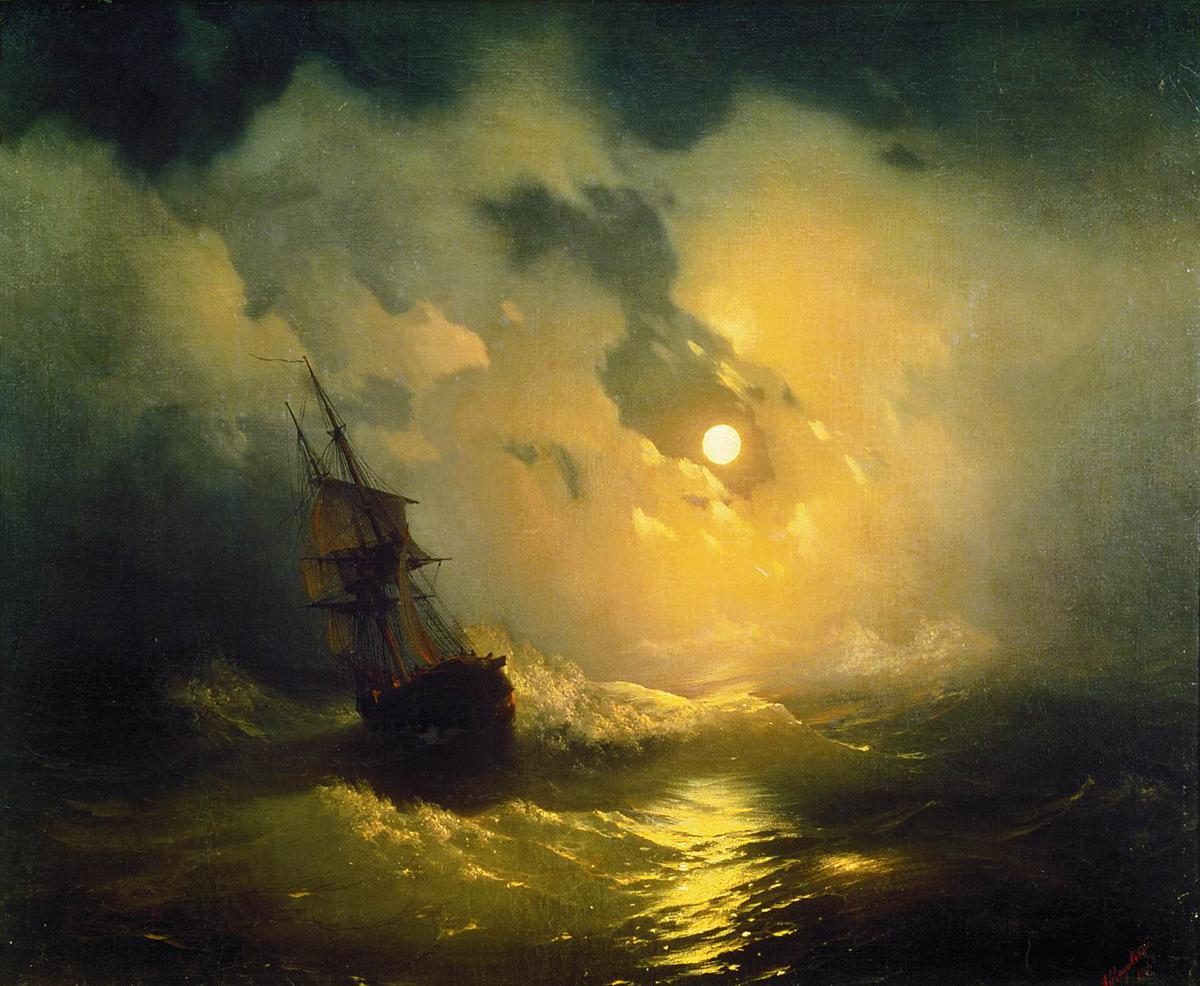The smallest lands often conceal the heaviest mysteries. At the very edge of Europe, pressed between mountains and ocean, Portugal became a paradox. It was fragile, poor, and peripheral, but named as vessel of a destiny that reached beyond empires. Those who discerned its secret intuited that this land could never be reduced to armies or commerce. It had been marked as a theatre of incarnation. The Logos, eternal and infinite, requires matter where it may descend. It chooses the improbable, the overlooked, the small. As the desert once received the law, and a Galilean girl received the Word, so too a narrow strip of Atlantic coast became symbol of the Verbum made flesh in history. Portugal remains as sigil of the scandal of incarnation, the eternal choosing the lowly in order to reveal itself in the visible.
I. The Four Empires and the Fifth
Father António Vieira discerned four empires in the course of human history: Assyrian, Persian, Greek, and Roman. Each carried dominion across the earth, spreading law, language, and culture. Yet for Vieira the chain of power did not end with the ruins of Rome. Beyond those cycles another awaited fulfilment. A fifth empire was promised, one founded not on legions but on Spirit. A nation almost negligible compared to those giants, Portugal stood on the edge of the known world. From that edge its fleets crossed oceans and mapped coasts, yet even those voyages were only signs of a deeper geography. For Vieira the Fifth Empire would not enlarge the old model of conquest, but would transfigure the very idea of empire into sacrament. This vision drew Portugal into a role impossible and necessary: a body too small for such a weight, but chosen to bear it. The nation became crossroad of multiple directions, end of Europe, gate to the seas, bridge to other continents, and in that place of extremity the Spirit found its stage.
II. The Scandal of Incarnation
The mystery of Portugal as vessel reflects the scandal of the Incarnation. The Word did not descend into the splendour of Athens or the majesty of Rome. It chose instead the poverty of Bethlehem and the obscurity of Nazareth. The Divine tends not to touch the vast, but the small. The same structure appears again when a peripheral people, hemmed between Spain and the Atlantic, is called to carry a mission greater than itself. The improbable matter is always chosen. What the world deems marginal becomes central. This is the rhythm of the Logos: to descend into what is despised, to elevate what seems useless, to convert dust into temple. The world mocks the vessel, yet the vessel becomes altar. In the four empires the human will imposed dominion; in the fifth, the Spirit reveals how weakness can become instrument of eternity. Portugal is more than only a geographical point, as it is an icon of Malkuth touched by Kether, earth receiving crown, the square of matter prepared for quintessence. The logic of incarnation repeats: the eternal enters through the wound of the small.
III. Pessoa and the Kingdom of the Word
Centuries later Fernando Pessoa re-cast the dream in the vestments of poetry. For him, the Fifth Empire was a sacrament of Spirit. Its throne was not an institution but the word itself. In his writings, Portugal became metaphor of Mary, humiliated and diminished, yet chosen to conceive. Language became chalice; poetry turned into liturgy. The Portuguese word served as conduit for the Logos, a fragile tongue transformed into medium of revelation. In this vision, the empire was not of soldiers but of verses, of Spirit. The prophet Vieira had announced a promise, and Pessoa gave it form as myth. Both pointed to the same centre: that the smallest of vessels may carry the weight of infinity.
The very structure of the myth is held within number. Four marks the pattern of earth, the square of stability, the four winds, the four rivers of Eden, the four arms of the cross, the four corners of the altar. It is the number of Malkuth, the Kingdom in its visible form. And four, when closed on itself, risks nevertheless becoming a prison, a wheel repeating without ascent. The promise of the Fifth Empire is precisely the descent of a fifth element into the square, the crown touching the base, Kether inclining toward Malkuth. The four becomes fulfilled by the one that enters, and stability is turned into transfiguration. Portugal, bearing the sign of four at the edge of the world, awaited the touch of the fifth, so that earth might become ground of Heaven.
Fiat Lux.
